‘Voice will fail without clear information’: Peter Dutton
As Ken Wyatt calls for a conscience vote for Lib MPs, Peter Dutton says voice will fail without ‘clear and complete’ information.
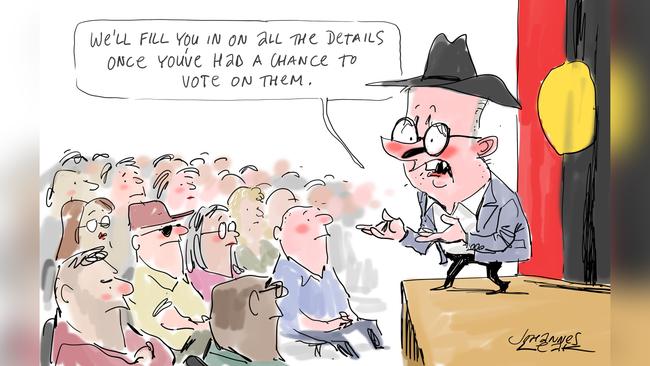
The nation’s first Aboriginal cabinet minister, Ken Wyatt, has urged Peter Dutton to at least grant his MPs a conscience vote on the Indigenous voice to parliament, after the Opposition Leader warned Labor was “condemning it to failure” by not providing clear information.
The intervention from Mr Dutton, who sent a letter to Anthony Albanese on Sunday demanding answers to 15 questions about the voice, was lashed by the Prime Minister as a “cheap culture-war stunt”.
In the letter, Mr Dutton said Mr Albanese was “making a catastrophic mistake” by not providing “accessible, clear and complete” information on the voice and called on the Prime Minister to introduce legislation to enact the body when federal parliament returns next month “to demonstrate the effectiveness of your preferred voice model in closing the gap”.
Mr Wyatt, who was responsible for Indigenous affairs in the Morrison government, cautioned against being “too rash in condemning the opportunities of the voice”.
“We will condemn our nation and our indigenous Australians to continue living the level of disparity that we have seen for decades,” he said.
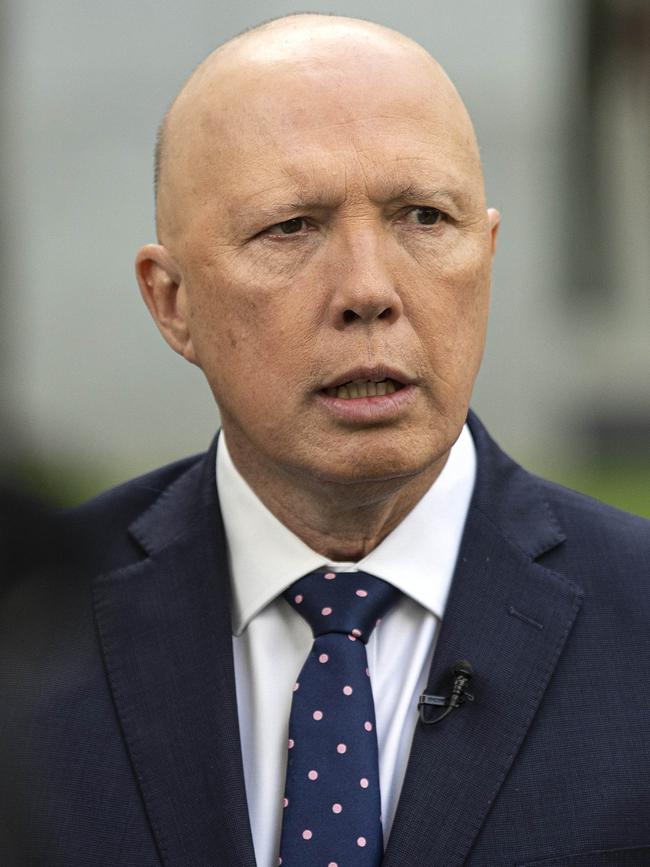
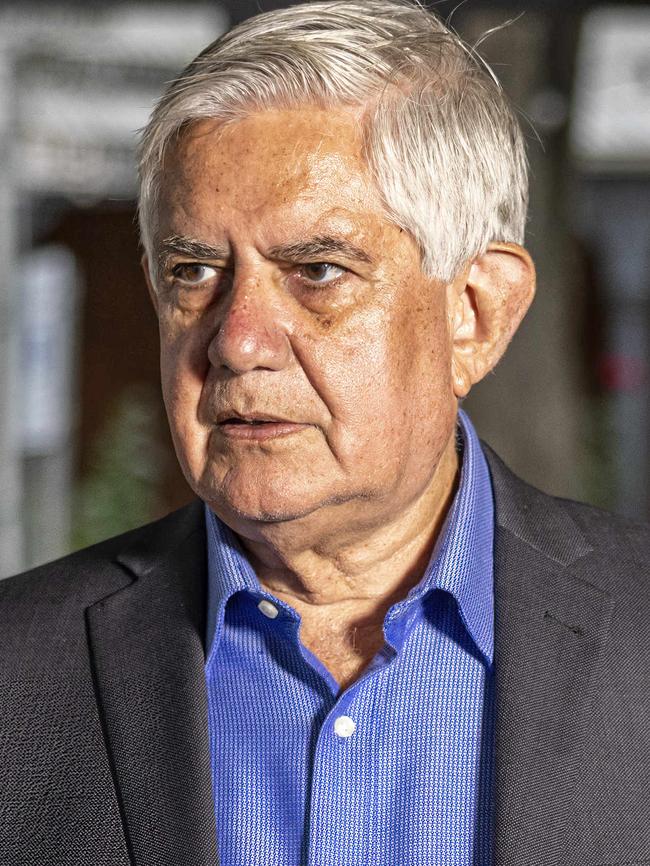
Mr Wyatt has called on the Liberal Party to support the voice but told The Australian that MPs should at a minimum be allowed to campaign ahead of a referendum as they see fit and vote according to their conscience on relevant legislation.
“I would urge the Liberal Party to support the voice but if there is dissension within the party then at least give members a conscience vote,” Mr Wyatt said.
“I believe Australians at a community level are supportive. I’ve only had a handful of people in recent times say to me ‘I will not support this’, most people are saying ‘get on with it’.
“The premise of the voice is to give local communities a greater say in co-designing and co-deciding what happens in those communities. Commonwealth and state governments do it through local governments and peak organisations, who they consult regularly with in forming legislation, programs and services. Indigenous Australians are always left out.”
Mr Wyatt said there was detailed information on how the voice would work in reports presented to government, but Mr Dutton said Mr Albanese had not specified the model he supported.
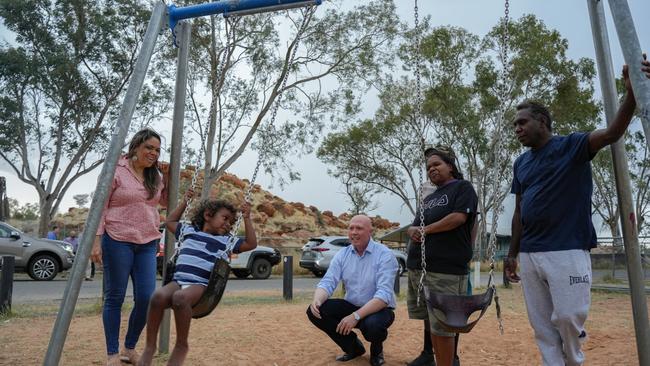
“Your government’s position that detail isn’t needed before a vote and will be contained in subsequent legislation is unreasonable, disrespectful to the Australian public and undermines the integrity of the process,” Mr Dutton said.
“In refusing to provide basic information and answer reasonable questions on the voice, you are treating the Australian people like mugs.
“Publicly releasing the details on how the voice will operate will enable Australians to assess whether it would be representative of remote indigenous people; whether its structure was effective or just another layer of bureaucracy similar to the failed ATSIC; and whether it would interfere with the system of government, which has kept our country a stable and peaceful democracy for over a century.”
NSW Liberal senator Andrew Bragg, a supporter of the voice who wants to see more detail, said the Liberal Party had a strong history “of being a liberal party that doesn’t seek to bind the parliamentary party on public votes”.
He backed MPs being able to campaign for the voice according to their conscience but was supportive of Mr Dutton’s letter, saying as it stood there were more questions than answers and it was reasonable people saw the legislation enacting the voice alongside the proposed amendment to the Constitution.
“An exposure draft bill should be presented alongside the amendment (to the Constitution) and all of this should be considered by a parliamentary committee before a referendum,” he said.
“There are still opportunities for bipartisanship, there are still opportunities for consensus to be built around the wording of the amendment and around the scope and function of the body.”
Megan Davis, one of the most senior Aboriginal Australians advising the Albanese government on the voice, said Australians would receive more detail about the proposed advisory body before the referendum.
Speaking on behalf of the Uluru Dialogue, the campaign that has advocated for an indigenous voice in the Constitution, Professor Davis said in response to Mr Dutton’s demand for more detail: “There will be detail provided before the referendum for all Australians. This is no ordinary act. It is the Australian Constitution. Constitutions are for principle. The machinery is for parliament. This is no different to how other constitutional bodies are created. The High Court of Australia was recognised in 1901 and set up via legislation several years later. It’s a normal constitutional approach.”
Tom Calma, who with Marcia Langton delivered the former government a crucial report outlining preferred models for how the voice would work, was unsure it was necessary to answer Mr Dutton’s 15 questions before the referendum slated for this year.
“Any proposed bill will have to go through the parliamentary process and all politicians will have the opportunity to input, as will the public if it goes through a committee process,” he said, adding it would be “premature” to introduce legislation enacting the voice to parliament in February.
Mr Albanese had not seen Mr Dutton’s letter as of Sunday morning but said people were “over cheap culture war stunts”.
“So even though I talked with Peter Dutton on Friday at the McGrath Foundation event, he gives a letter to multiple media outlets as ‘exclusive’ on constitutional recognition and the Uluru Statement – a letter I still haven’t seen,” the Prime Minister tweeted.

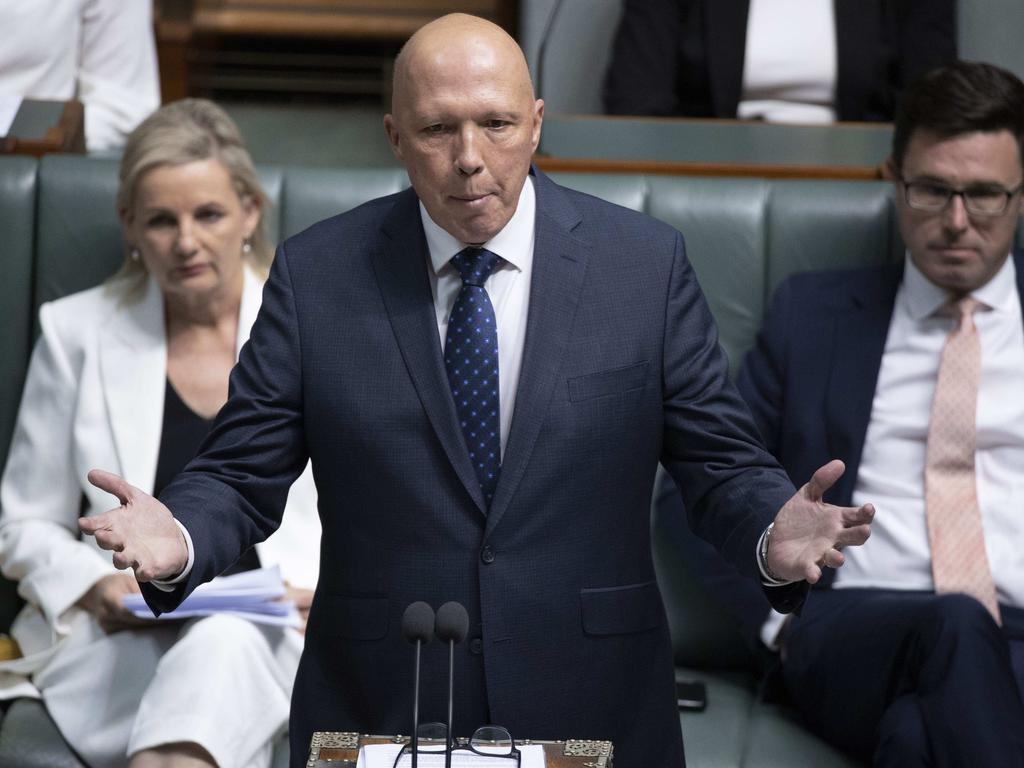
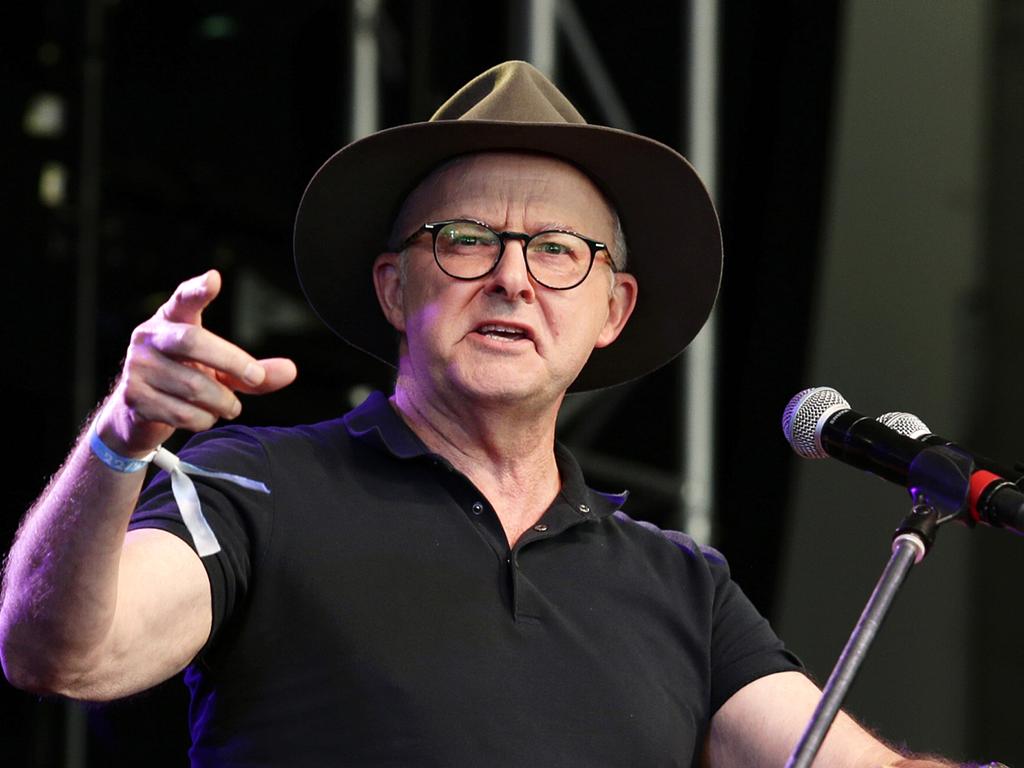
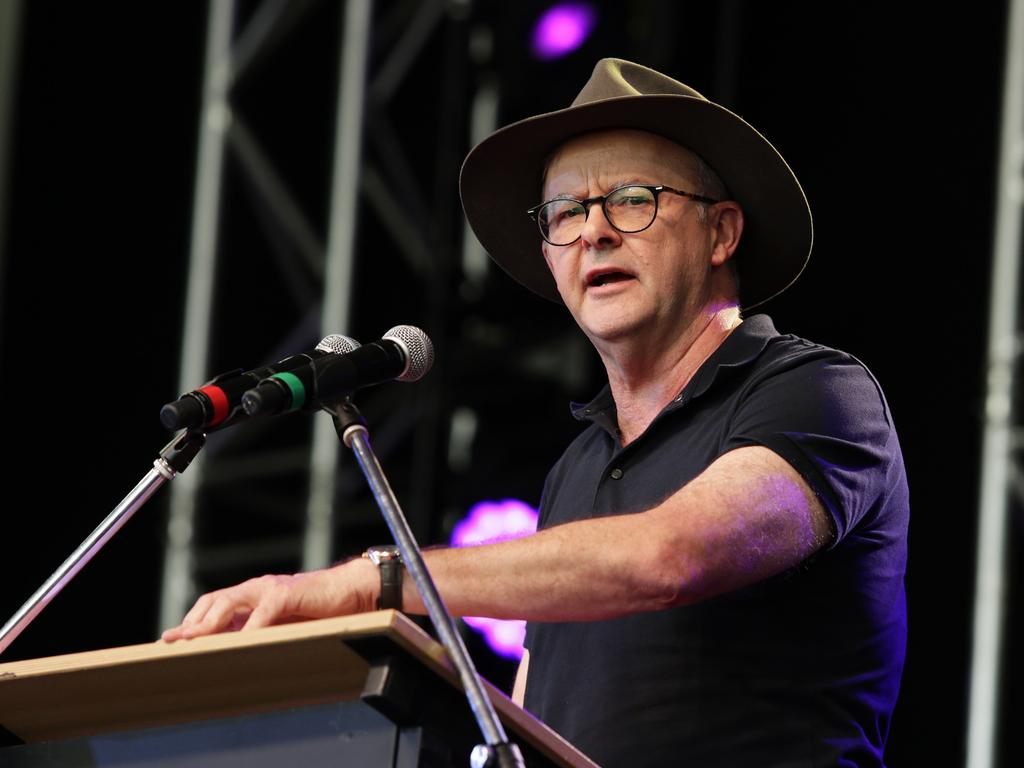
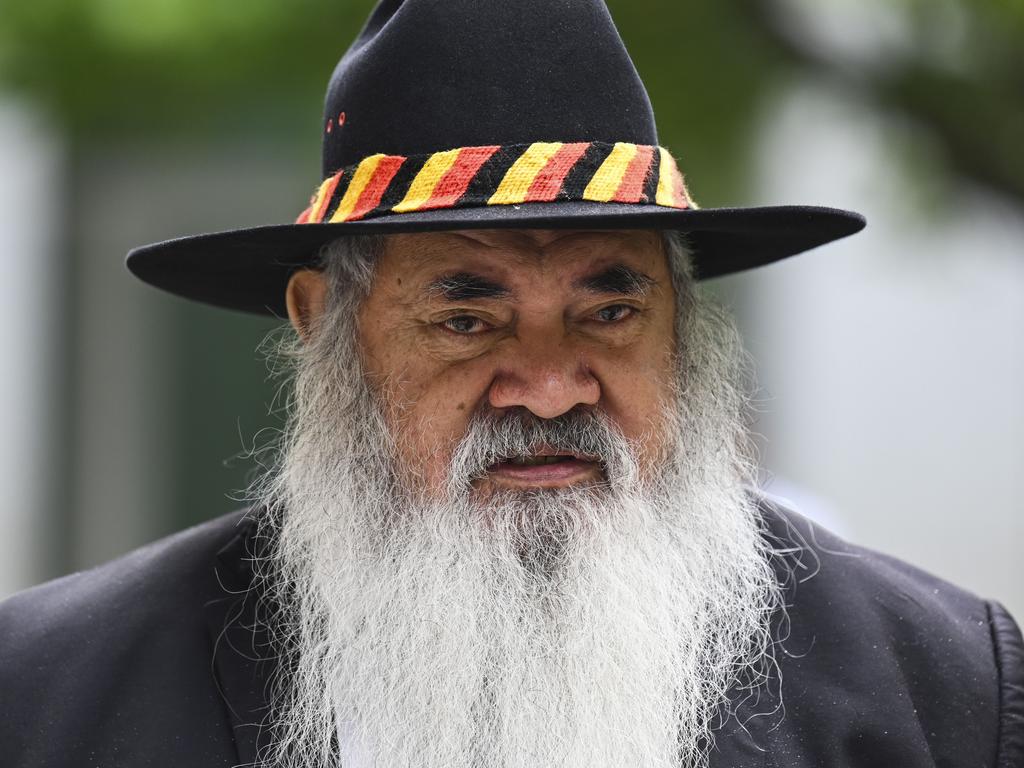


To join the conversation, please log in. Don't have an account? Register
Join the conversation, you are commenting as Logout